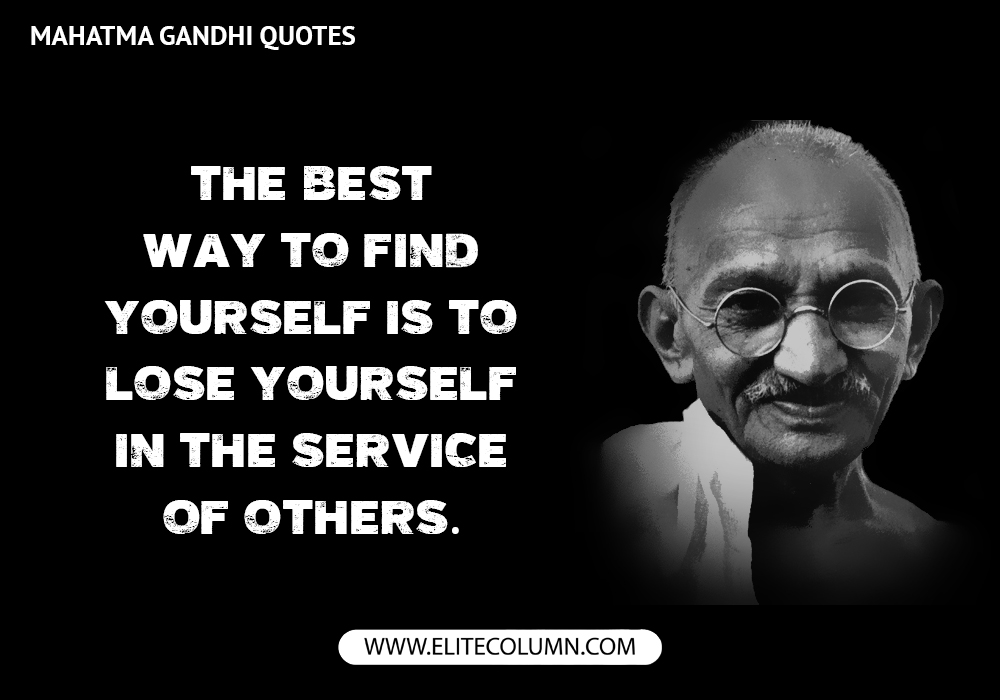Want to identify the best leaders? Here’s a tip: Don’t look for the person who inspires the most followers.
I spent most of my career working for one company. When possible, we promoted from within, but every so often we would bring in a lateral hire. I would tell them, “You have great perspective, which we very much need to hear. I know we get a lot of things wrong. We work really hard to get the big stuff right.”
Here’s how I would explain “the Big Stuff:” We show up for one another. We care about people and focus on development. We lead with empathy, but not at the expense of accountability. Day one, you are expected to be a leader. In fact, when the founders talk about the business, they don’t talk about the industry or the market. They say, “We’re in the leadership development business.”
Before I started, my soon-to-be boss handed me Dale Carnegie’s “How to Win Friends and Influence People.” I thought that was strange. What did that have to do with my new job?
In my first few months, I was either given or encouraged to read “Danger in the Comfort Zone,” “Built to Last,” “The Goal,” and “The Fifth Discipline.” My team talked about them. We talked about leadership. We role-played scenarios and discussed what went well and how we could get better. Even if you weren’t inclined to do a lot of self-development, there was a good chance you’d get swept up in the current. If that wasn’t for you, you left.
That development ethos permeated the business. People were promoted who had demonstrated they could develop those around them. Leaders were lauded more often for their willingness to give up talent to seed another business than for achieving some financial goal.
We didn’t always get it right, but we tried to get better. A little bit better every day. And we cared deeply when we got “The Big Stuff” wrong.
As I reflect back, I now more fully appreciate how unique this was. It shouldn’t be. Leadership has nothing to do with direct reports or title. As Marshall Goldsmith said, “Great leaders encourage leadership development by openly developing themselves.” We now live in an age of podcasts and TedTalks and the entire store of knowledge a click away. Role plays cost nothing.
We often think of growth as constrained by access to capital or raw materials or the newest technology. For most businesses, the real enablers or inhibitors of growth are leadership readiness and leadership bandwidth. The best companies solve for that constraint. The best companies realize that the best leaders don’t inspire the most followers. The best leaders inspire and nurture and develop the most leaders.
It’s not about followers. If you want to identify the best leaders, look for the people who most effectively develop other leaders.
